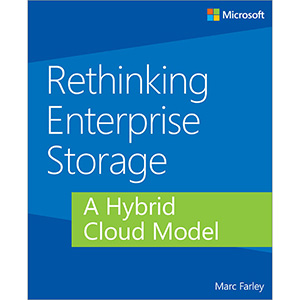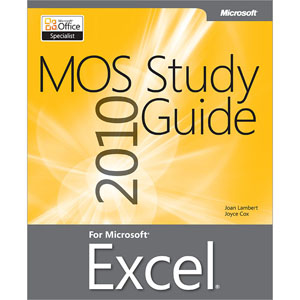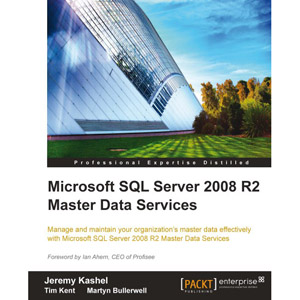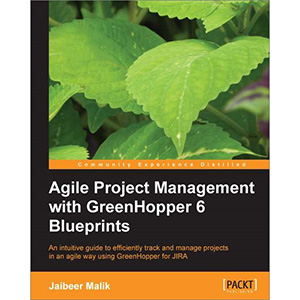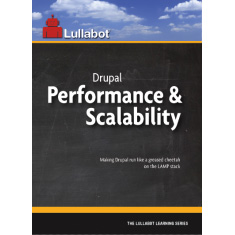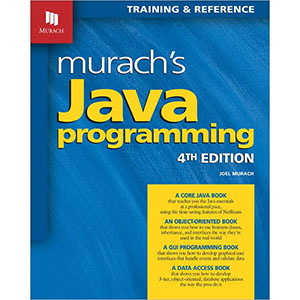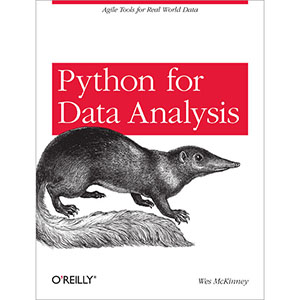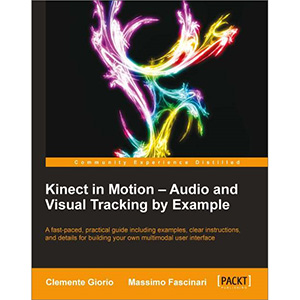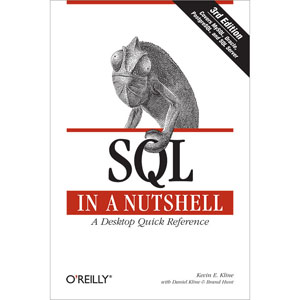Power Plays
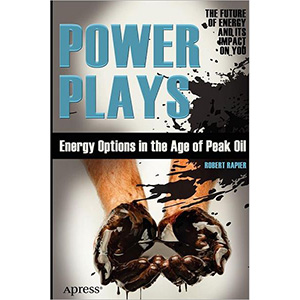
Many people wonder: Are we really running out of oil, or is it all a ruse to drive prices up? Is nuclear power safe and economical? Is solar energy really the key to providing plenty of carbon-free energy? Do we have enough natural gas or coal to make any loss of oil production irrelevant?
In Power Plays: Energy Options in the Age of Peak Oil, energy expert Robert Rapier helps readers sort through energy hype, doom and gloom, and misinformation to understand what really matters in energy, and how it impacts individuals, investors, businesspeople, and policy makers worldwide. The book covers the overall global energy situation, the particular risks for the U.S. with its present energy mix, the energy outlook for the developed world and emerging economies like China and India, what peak oil really means, and the present and likely future of natural gas, coal, oil, nuclear power, and alternative energy sources.
The book also addresses common misconceptions. For instance, most readers are likely unaware that the U.S. is the third-largest oil producer in the world. Or that Canada leads the U.S. in per capita oil consumption. It will also highlight interesting facts—for example, China has solved part of its energy challenge by mandating solar hot water systems in all new construction. Most importantly, the book will provide specific energy insights unavailable elsewhere and help individuals and business planners chart future actions and decisions.
With the disaster at Fukushima, the discovery of the Marcellus shale natural gas deposits, the increasing efficiency of solar electricity installations, and the unsustainable supply of oil, the energy outlook has changed greatly over the last couple of years. What’s now required is just what this book delivers: a sober, even-handed account of our energy resources, present and future, that will help people plan for a world without cheap energy.
What you’ll learn
- Why oil prices have increased so dramatically over the past decade, and the impact of depending on oil imports
- What peak oil really means, and how it will affect you
- The economics of various energy sources and the probable changes in supply, demand, and hence price
- Why carbon emissions are likely to continue to rise
- The implications of the shale gas revolution on U.S. energy supplies
- The pros and cons of nuclear power and coal-fired generating plants
- Why alternative energy sources aren’t yet ready to solve our energy challenges
- How to make better energy-related decisions
Who this book is for
This book is for anyone who wants to enhance their basic understanding of energy and learn to separate facts from misinformation. The book will also help readers to understand the costs, benefits, and inherent trade-offs for each of our major energy options, making it particularly useful for business strategists, policy makers, public servants, and investors.
Table of Contents
Chapter 1. All About Energy: Dependence and Disconnect
Chapter 2. Fossil Fuels and Nuclear Power: Powering Modern Civilization
Chapter 3. Renewable Energy: Energy of the Past and the Future
Chapter 4. Energy Production: From the Source to the Consumer
Chapter 5. Global Warming: How Do You Stop a Hurricane?
Chapter 6. Peak Oil: Myth or Threat to Civilization?
Chapter 7. Nuclear Power: Practical Solution or Environmental Disaster?
Chapter 8. Risk and Uncertainty: Energy Security Challenges
Chapter 9. Reducing the Risks: Policies to Enhance Energy Security
Chapter 10. Investing in Cleantech: A Guide to Technical Due Diligence
Chapter 11. The Race to Replace Oil: Alternative Transportation Fuels
Chapter 12. Oil-Free Transportation: Alternatives to the Internal Combustion Engine
Chapter 13. Corn Ethanol: Past, Present, and Future
Chapter 14. U.S. Energy Politics: The Elusive Goal of Energy Independence
Chapter 15. The Road Ahead: Planning and Preparation
Book Details
- Paperback: 272 pages
- Publisher: Apress (April 2012)
- Language: English
- ISBN-10: 1430240865
- ISBN-13: 978-1430240860
